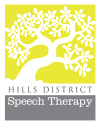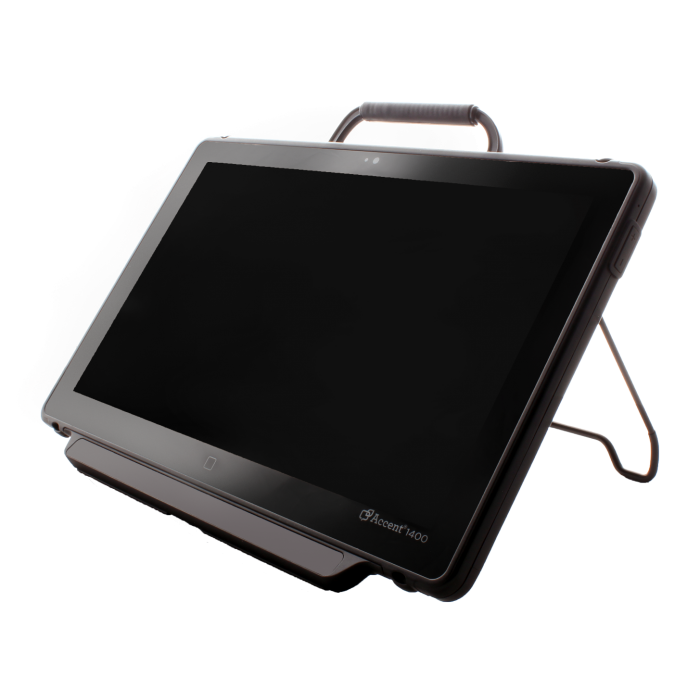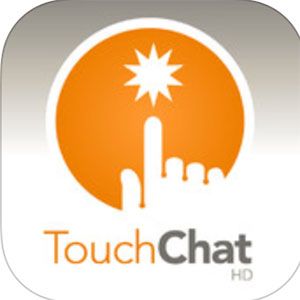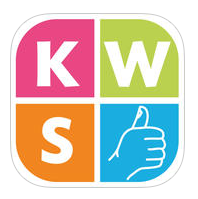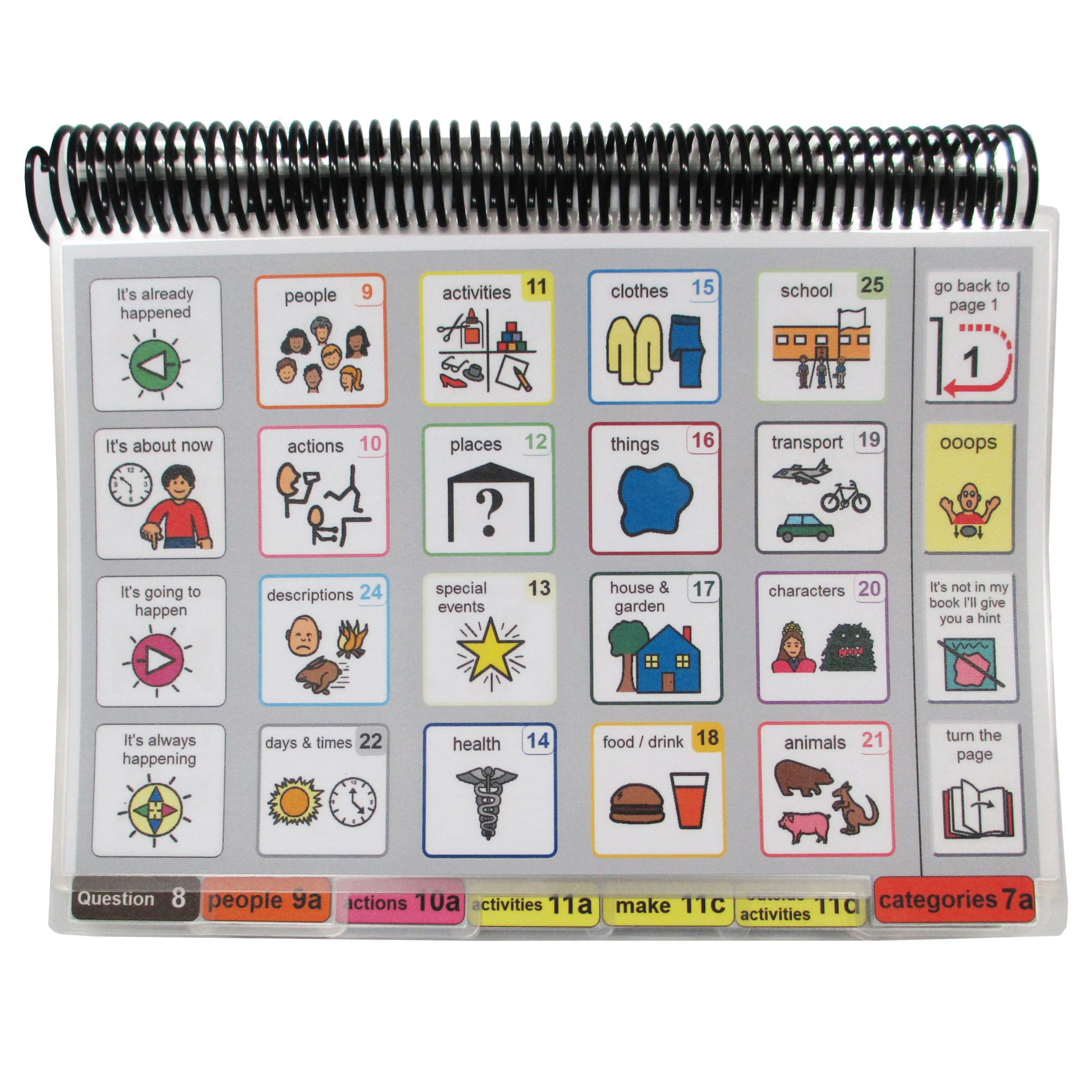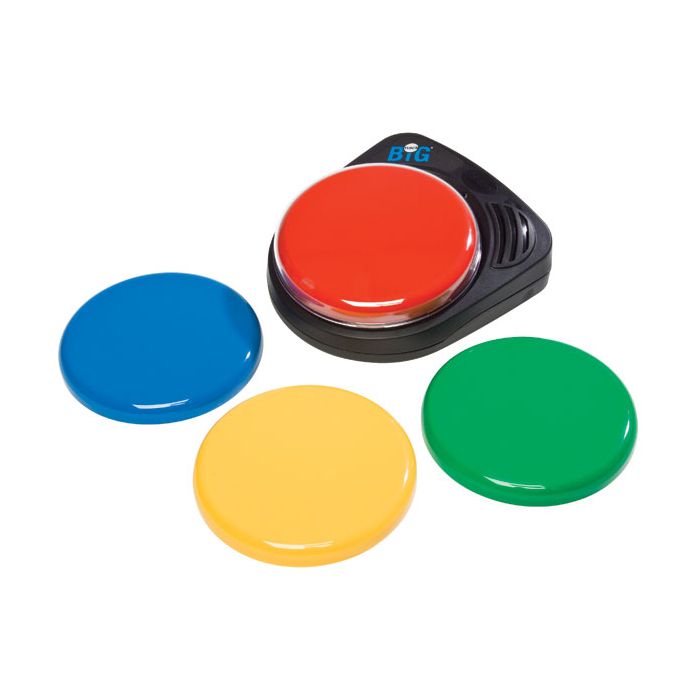What is Augmentative and Alternative Communication?
Augmentative and Alternative Communication (AAC), also referred to as ‘Assistive Technology’ by the National Disability Insurance Scheme (NDIS), is an “an area of clinical and educational practice that provides communication strategies, techniques and interventions (devices/systems) for people with a range of communication impairments” (Speech Pathology Australia, 2012; NDIS, 2018). Right from the intake process, our clinicians work closely with clients, their caregivers and wider support network to determine their preferred communication system, whether it is verbal communication, key word signing, high tech devices, or any other modality, as well as their functional communication needs.

We are registered NDIS service providers.
Types of AAC
- We work collaboratively with the client, their parents, carers, educators and allied health professionals
- We offer our clients a range of options and work with Liberator to arrange free trials for a variety of high tech AAC devices over a loan period of 3 weeks before committing to a single AAC system – a great option for NDIS clients!
- We provide services with the presumption that our clients are capable of learning and not limited by their communication impairment or previous experience with AAC.
- We work on building the client’s ability to use a range of communicative functions – NOT just requesting ‘more’ of an object
- Where possible, we attempt to integrate reading and written expression as part of the client’s AAC intervention, presuming that the client has the capacity to learn.
What We Offer
- A team of speech pathologists that work with adults and children, with experience and additional training in the areas of AAC and multimodal communication.
- Access to a range of AAC applications and devices at our HDST clinic.
- Access to high tech AAC devices via Liberator.
- Experience with completing assistive technology request forms for NDIS clients.
- A comprehensive assessment using a range of tools.
- Additional services including resource development, therapy assistants, offsite visits and online sessions.
- Individualised services: we help you set up the device, program the software, train all supports, and work closely with the client and their supports to ensure successful implementation and use of the device in a range of settings.
